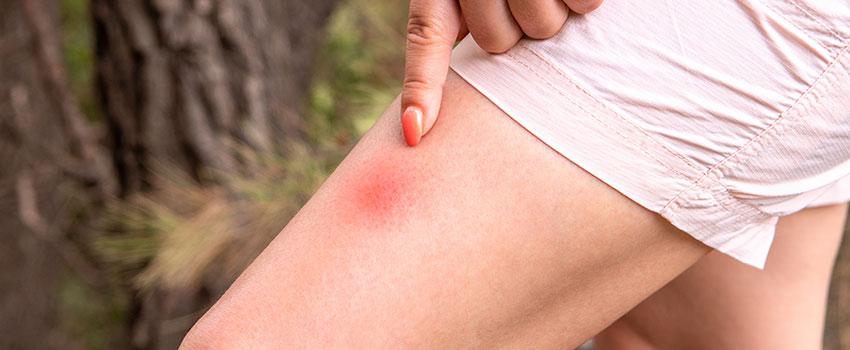Elevated Tick-borne Diseases in Florida
Yes, tick activity in Florida is on the rise, influenced by factors such as climate change, increased humidity, and higher deer populations. These conditions contribute to longer and more intense tick seasons, elevating the risk of tick-borne diseases.
Rising Tick Activity in Florida
- Increased Emergency Room Visits: In 2025, the Southeast U.S., including Florida, experienced a rise in emergency room visits for tick bites, with 70 visits per 100,000 people in early summer. This marks a significant increase from March, indicating heightened tick activity.
- Top 25 Tick-Infested States: Florida ranks among the top 25 U.S. states with the highest tick populations, attributed to its warm climate, high humidity, and abundance of green spaces.
Factors Contributing to Increased Tick Activity
- Warmer Winters and Longer Warm Seasons: Milder winters and extended warm seasons enhance tick survival and activity, leading to longer periods of exposure to tick-borne diseases.
- High Humidity Levels: Florida’s high humidity supports tick survival and activity, allowing them to remain active throughout the year, including during winter months.
- Increased Deer Populations: Higher deer populations provide abundant hosts for ticks, facilitating their reproduction and spread.
Common Tick Species in Florida
- Black-Legged Tick (Ixodes scapularis): Responsible for transmitting Lyme disease, babesiosis, and anaplasmosis. Most active from September to May.
- Lone Star Tick (Amblyomma americanum): The most common tick to bite humans in Florida, associated with ehrlichiosis and STARI. Nymphs are active from February to October, while adults peak in July.
Preventive Measures
To protect yourself and your pets from tick bites:
- Wear Protective Clothing: Dress in long sleeves and pants, and tuck pants into socks when venturing into tick-prone areas.
- Perform Tick Checks: Regularly inspect your body and pets for ticks, especially after outdoor activities.
- Maintain Yard Hygiene: Keep grass short and remove leaf litter to reduce tick habitats.
- Seek Professional Pest Control: Consider professional tick control services for your property.
Given the increasing tick activity in Florida, it’s essential to stay vigilant, take preventive measures to reduce the risk of tick-borne diseases and educate yourself by consulting with a professional.
Northeast Internal Medicine is your solution.
Dr. Blissenbach is passionate about her patients and providing cutting edge care.

